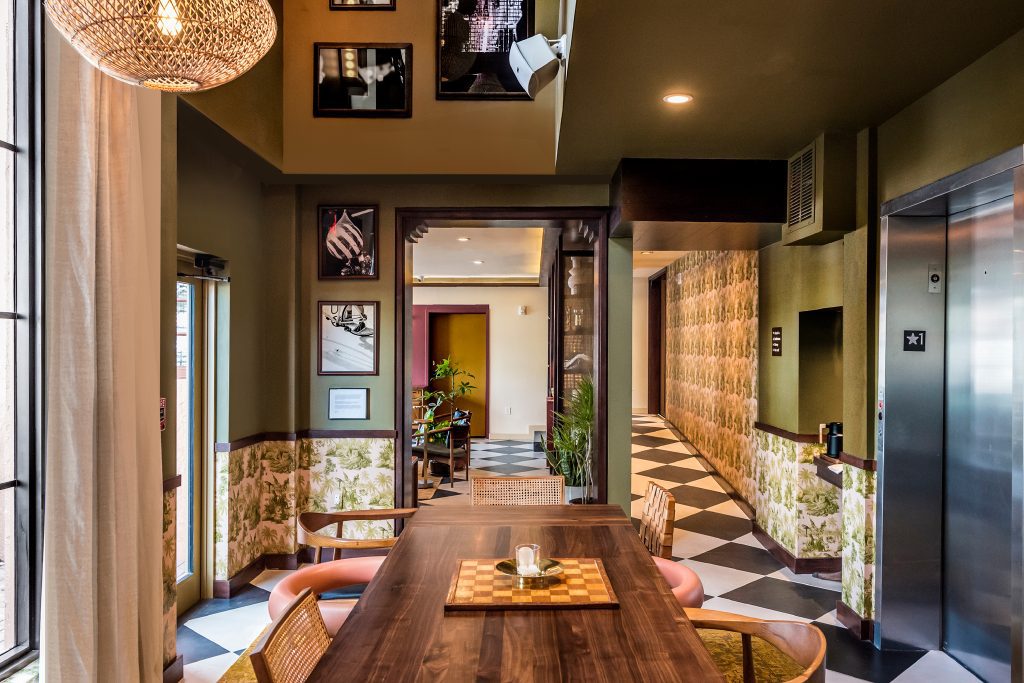Hotel Startup Life House's Hedge: Selling Its Own Tech as Well as Rooms

Skift Take
The lifestyle hotel space has gotten very crowded, especially over the last 18 months. But it appears Life House has a viable fallback plan in place in case expansion plans don't work out.
Startup lifestyle hotel brand Life House has announced a $100 million funding round from real estate development firm Blue Flag Partners.
The New York-based hotelier, currently operating four hotels in the U.S., will use the capital to expand further into popular travel destinations, including the East Hamptons and Nantucket, as well as larger metropolitan cities.
The end goal is to outpace established market rivals like Ace Hotels, The Hoxton, and The Standard, according to CEO Rami Zeidan. Each of those hotel groups predate Life House’s founding in 2017, and have less than nine opened locations worldwide. Life House, on
